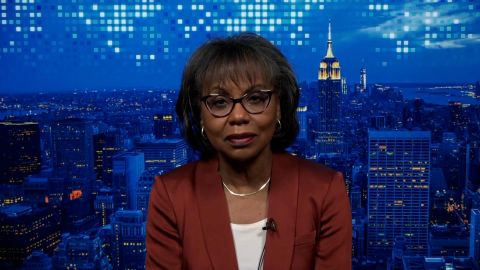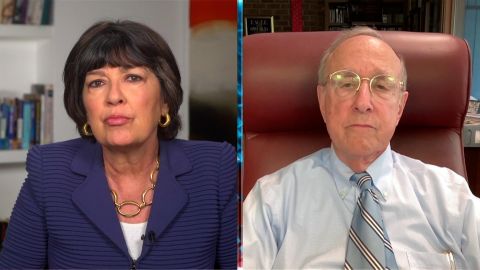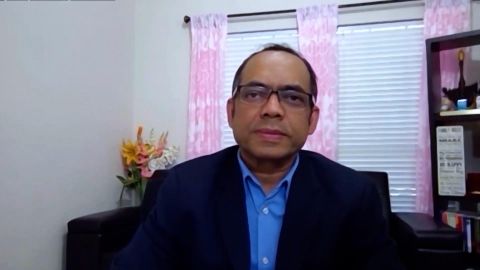Read Transcript EXPAND
CHRISTIANE AMANPOUR: So, you have listened to the testimony. You have watched the nation’s top military being grilled by the senators about the chaotic — I think that’s a word that everybody uses — withdrawal from Afghanistan. What are your first impressions? What are your initial readings of how they responded to the questions?
RICHARD KOHN, UNIVERSITY OF NORTH CAROLINA: I think they responded honestly and as expansively as they can. There was, in those hearings, a certain degree of political theater, attacks on President Biden and blame on President Trump for the February 2020 kind of surrender to the Taliban. But I think it really brought forth a lot of new information and a lot of understanding of what General Milley was trying to do and what the military did in accomplishing a very — a very fast and a very large airlift evacuation.
AMANPOUR: When you say new information, you’re a historian. You’re looking at this. What particularly stuck out — struck you as the most significant piece of new information?
KOHN: Well, my brief, if you will, is the relationships between the military and the senior political leadership. And I think General Milley explained in detail the number of people on these two calls to the Chinese general, senior Chinese military person, why he thought resignation was really inappropriate. It would be inappropriate under any circumstances, but he had nothing to resign over. And what he was trying to do and make certain that the processes for certainly the release of nuclear weapons, but of any significant military activity, that he would be involved in the discussions, because his job is to advise the president on military matters.
About This Episode EXPAND
Anita Hill discusses her new book “Believing: Our Thirty Year Journey to End Gender.” Military historian Richard Kohn weighs in on General Milley’s testimony before the Senate. World Without Hate founder Rais Bhuiyan explains why he has dedicated his life to breaking the cycle of violence. The late artist Christo’s nephew Vladimir Yavachev reflects on his uncle’s legacy.
LEARN MORE


